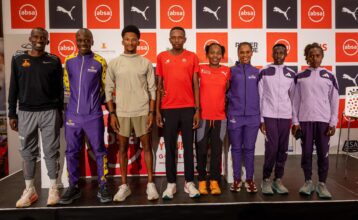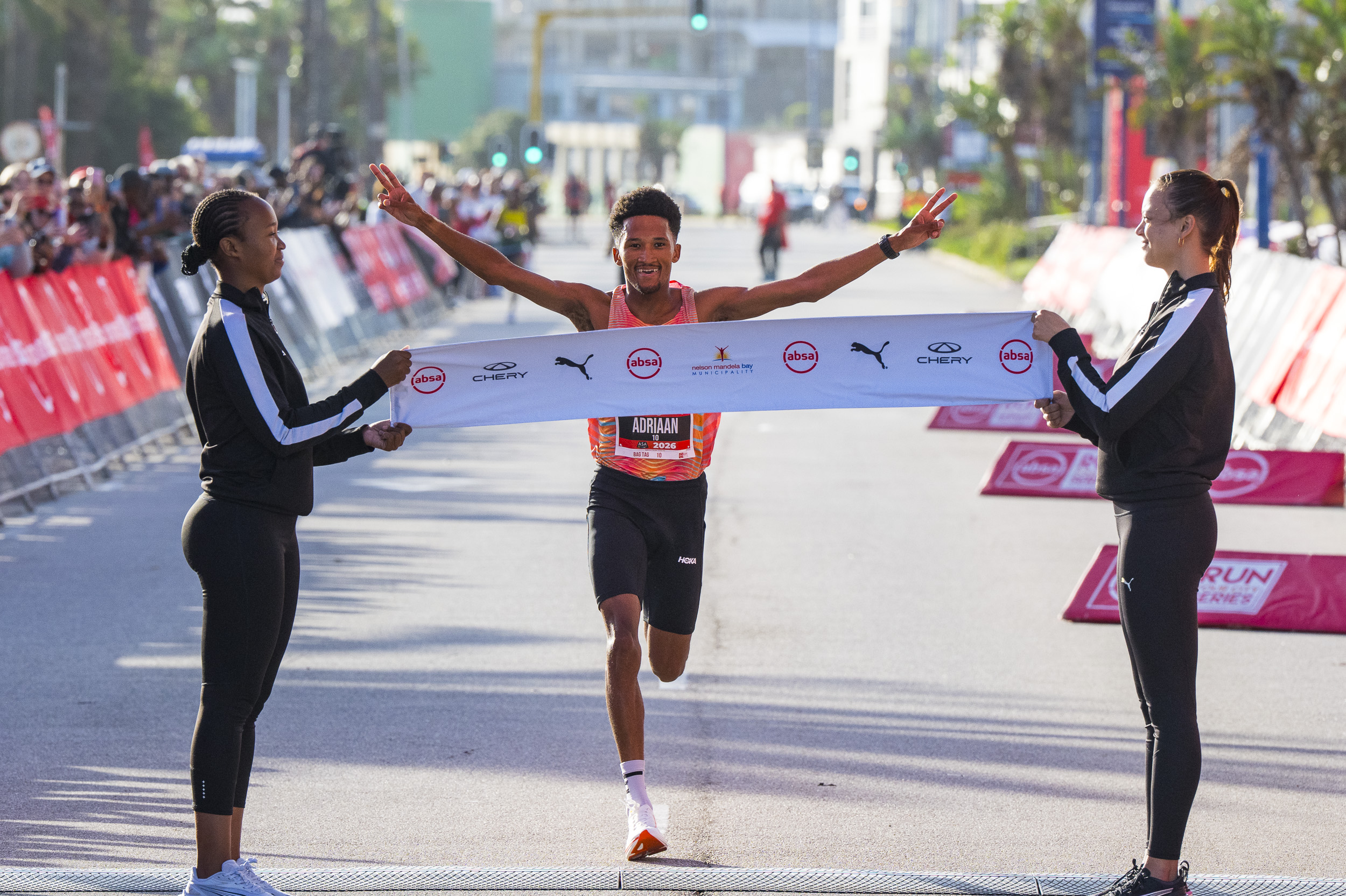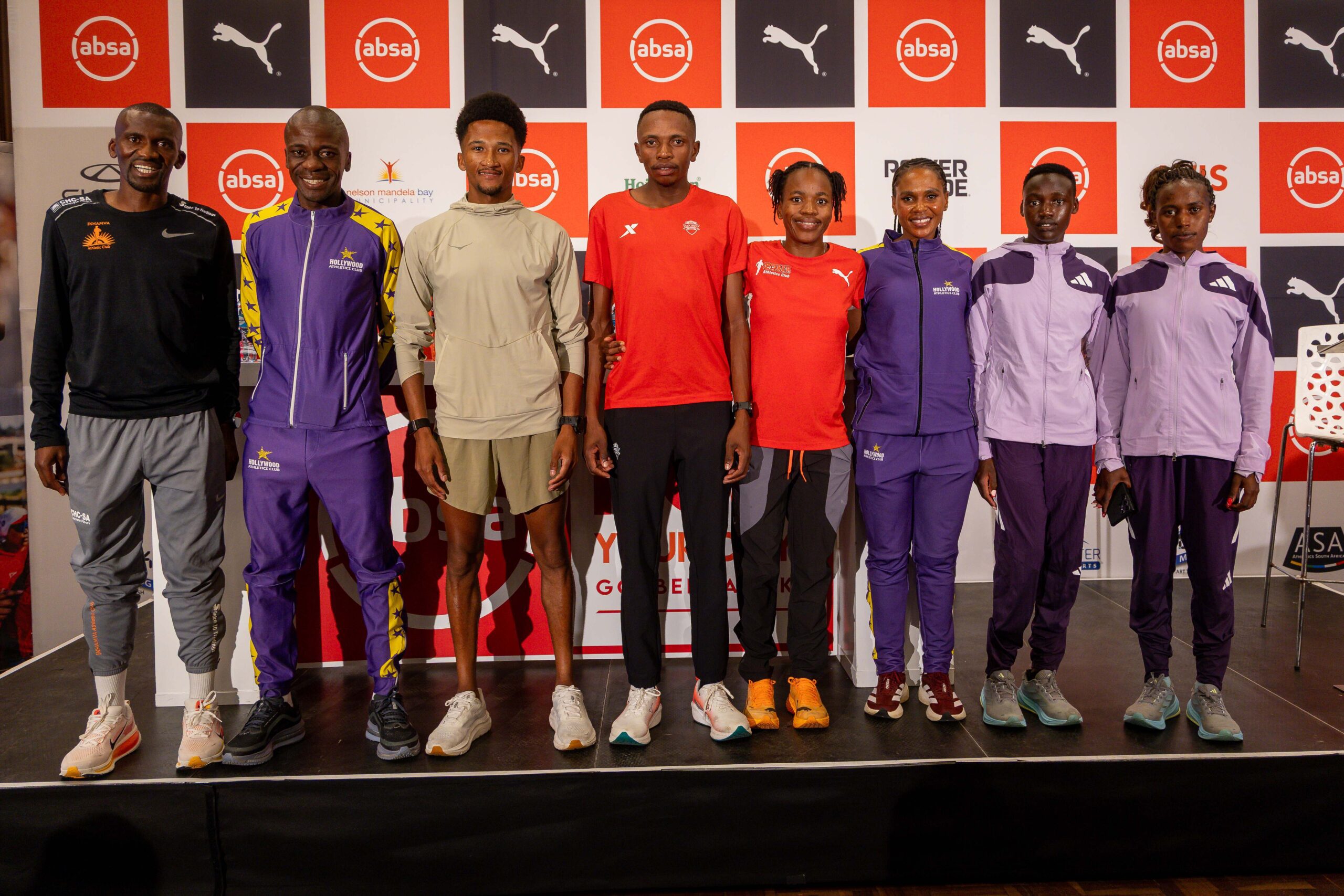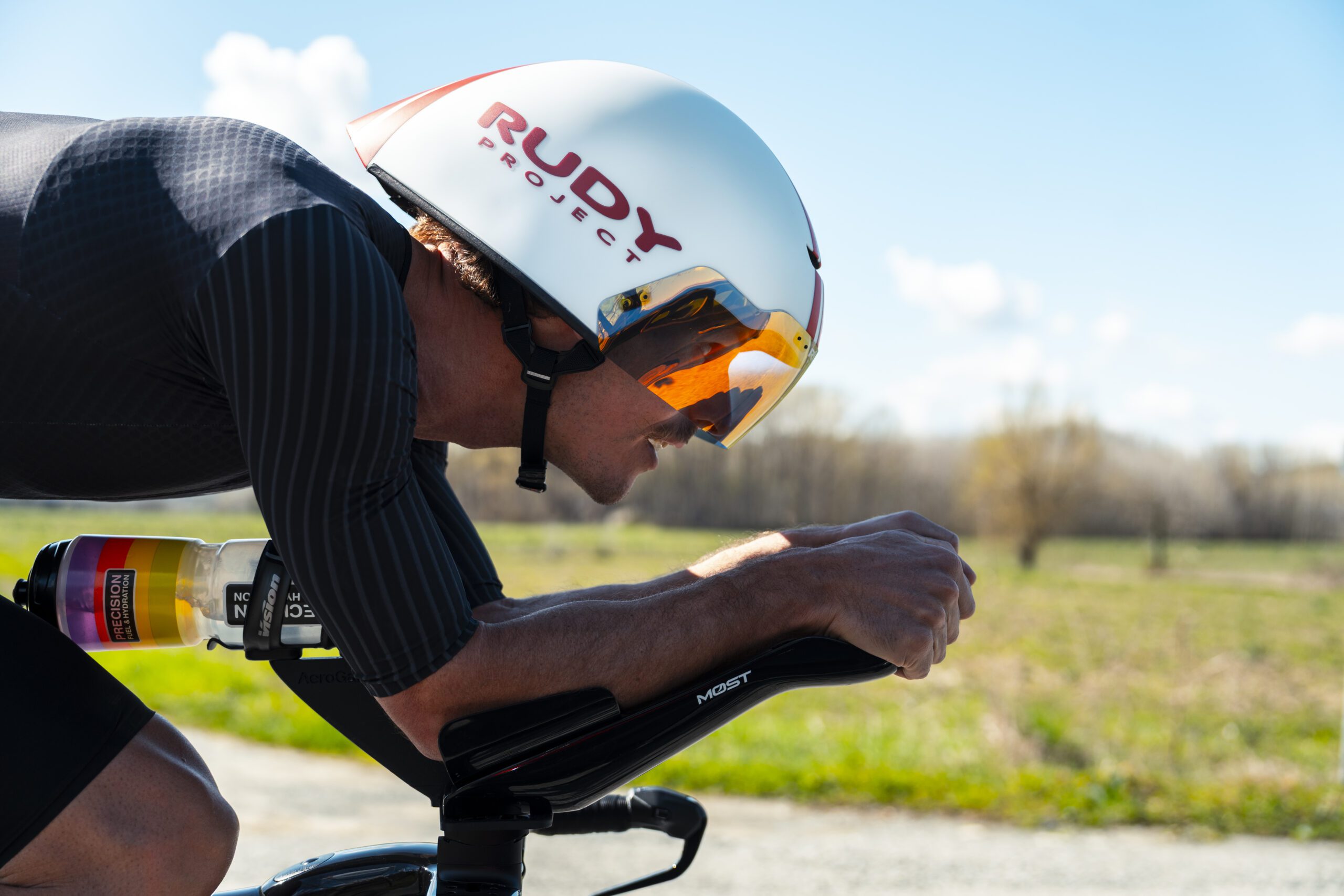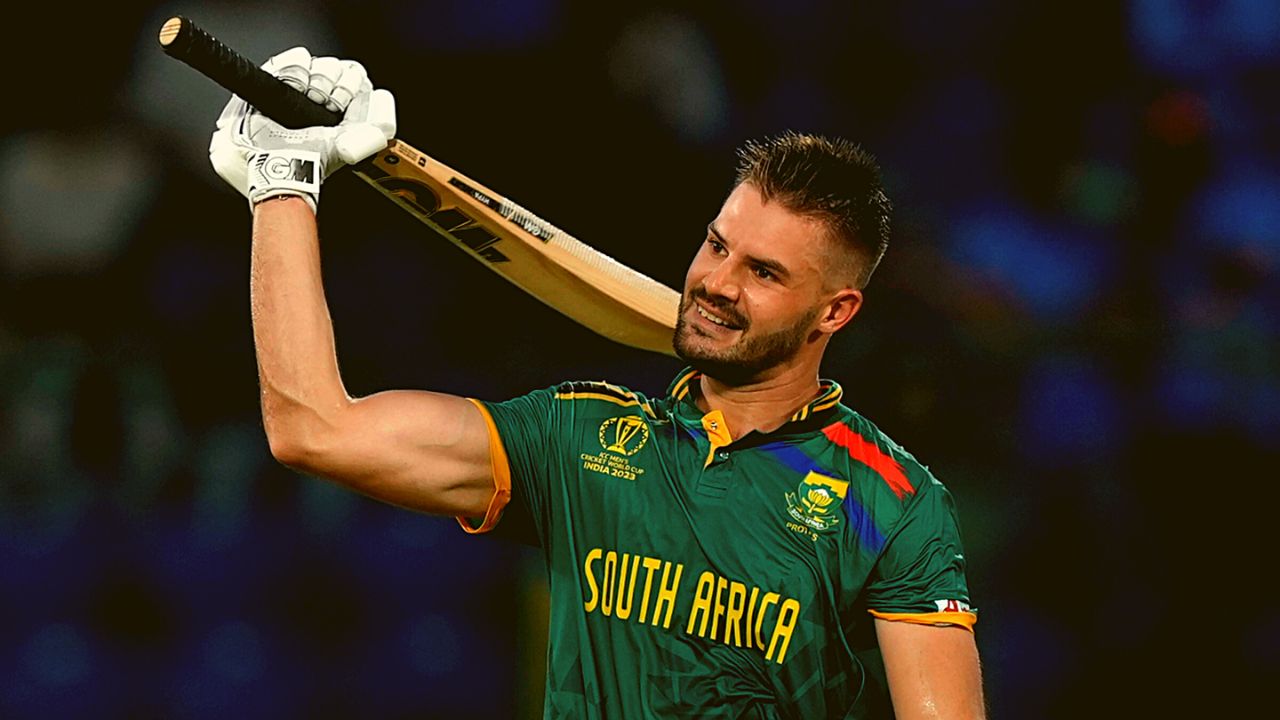In the salt-stung air of Gqeberha, beneath a sky heavy with tactical thunderclouds, the Springboks unleashed a storm that rattled rugby’s traditional cages. In the 45-0 demolition in the second Test against Italy, South Africa orchestrated a masterclass in innovation, disruption, and provocation. And in true Rassie Erasmus fashion, it left the rugby world split like a contested ball at the ruck.
From the moment the Boks unveiled their latest tactical curveball – none that saw positions reshuffled like a deck of cards in a coastal tavern – the response was as explosive as a midfield collision.
Critics cried foul. Purists gasped in horror. Keyboard coaches demanded intervention from World Rugby. But there were also those who nodded in appreciation, recognising a rugby mind that refuses to colour inside the lines.
When Erasmus faced the media in Mbombela ahead of the Springboks’ next clash against Georgia, he didn’t backpedal. He doubled down -boots on, eyes steely, shoulders squared – as only a man who has turned chaos into currency can.
“I don’t ever want this to sound arrogant,” Erasmus began, his voice calm but unswerving.
“But rugby belongs to nobody.”
Like a flyhalf eyeing a gap in a flat defensive line, he pierced through the narrative that the game should be played within a narrow, nostalgic framework.
It was a line as powerful as a loosehead’s shove on a muddy scrum. This wasn’t just about tactics—it was about philosophy, the soul of the game.
And Erasmus was there to call out the gatekeepers who think they hold the keys.
“It’s not the English’s game, it’s not the French’s game, or New Zealand’s game. Everybody plays differently.”
The Boks’ tactical ploys may have raised eyebrows, but Erasmus reminded the world that innovation isn’t mutiny. It’s the very lifeblood of the game’s evolution.
He cast minds back to Jannie de Beer’s five drop goals in 1999—an unforgettable demolition job that rewrote the possibilities of a playoff match.
“Is that against the spirit of the game?” Erasmus asked, his tone less rhetorical, more philosophical.
I guess one can always argue what is against the spirit of the game!! Some teams avoid scrums and others make sure they get scrums! Who’s wrong 🤷🏼♂️ pic.twitter.com/SIa19d3DXm
— Johan Erasmus (@RassieRugby) July 14, 2025
In other words, stop clinging to one style of play like it’s the only hymn in rugby’s gospel. For Erasmus, creativity isn’t sacrilege – it’s survival.
“The French ran the ball from everywhere – was that against the spirit?
If you feed the scrum skew and take the contest away, is that not against the spirit?”
South Africa’s new approach, often featuring unconventional scrummaging tactics or innovative substitutions, may not always pay off on the scoreboard, but in Erasmus’ mind, that’s beside the point.
“Even though it didn’t work out for us, and there are many things that don’t work out for us, which we try – but we try. We take that on the chin.”
Like a bruised but unbowed lock after a bruising maul, the Springboks embrace their failures with as much pride as their triumphs. They’re playing the long game – a marathon of tactical evolution, not a sprint of safe, vanilla rugby.
He reminisced about past innovations by others, tipping his hat to the greats who broke the mould before him:
“New Zealand had fantastic line-out moves… Tony Woodcock scoring off the back was magnificent.
But then there was an early jump in the line-out. You wouldn’t moan – you’d say that’s creative. That’s well done.”
It’s a keen-eyed reminder that what is seen as genius by one generation is often viewed as sacrilege by the next – until it becomes the norm.
“The French kick long into your in-goal area, and you just kick the ball out… is that against the spirit of the game?”
And here lies the crux of Rassie’s argument – who decides what is within the ‘spirit’ of rugby?
Is it the northern hemisphere pundits with their cold-weather conservatism? Or is it the global South, boiling with invention and bursting with talent, daring to reimagine what the oval ball can do?
“I don’t know who the people are that decide what is against the spirit of the game, and who owns the rights to that?” he mused, clearly tired of being judged by foreign whistles and wagging fingers.
“We play for South Africa. We don’t do it for the rest of the world. It’s a bit frustrating. We do it for us, for our people.”
This was no press conference – it was a rallying cry. An anthem to Bok rugby as a cultural expression, a strategy born of survival, of playing not just in South Africa but for it.
Critics cried foul. Purists gasped in horror. Keyboard coaches demanded intervention from @WorldRugby. But many also nodded in appreciation. And here lies the crux of @RassieRugby argument – who decides what is within the ‘spirit’ of rugby?https://t.co/5Tm0KSVKaX pic.twitter.com/POsjJGnEqV
— Adnaan Mohamed (@Adnaan1111) July 17, 2025
“If they want us to be the dumb, boring side that just bullies all day – if they want that back, I don’t think our people want that back.”
Erasmus isn’t interested in turning the Springboks into a one-dimensional war machine from decades past. He’s building a kaleidoscope of tactics, powered by flair, precision, and yes, a bit of mischief.
“It’s not against any rules or protocols. As long as we are happy in South Africa, it’s all good.”
And with that, Rassie planted his flag – not just on the rugby field, but in the shifting terrain of the game’s identity.
The Springboks aren’t just challenging opposing teams; they’re challenging orthodoxy. They’re rewriting rugby’s symphony, note by note, scrum by scrum.
Whether you see it as madness or magic, one thing is certain: South African rugby isn’t just playing the game – it’s changing it.





